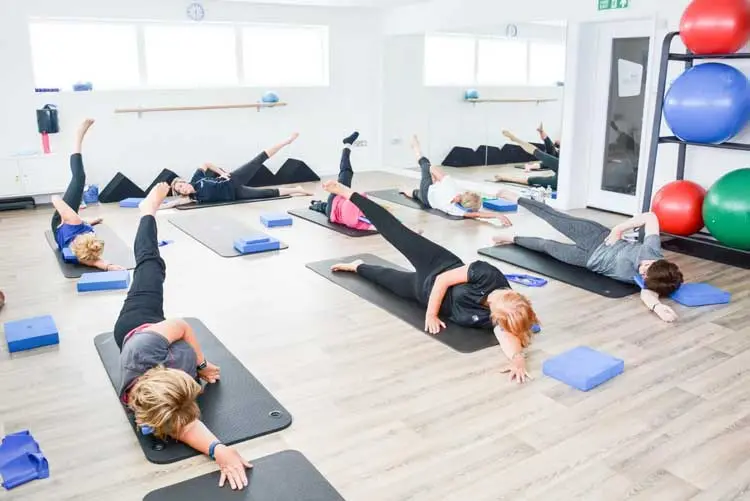Physiotherapists are calling on people to visit trusted sources online after a study highlighted alarming levels of misinformation in the most-watched back pain videos on YouTube.
With the lockdown limiting access to face to face help from suitably qualified professionals, turning to online advice has surged.
The Chartered Society of Physiotherapy enlisted a team of specialist musculoskeletal physiotherapists to study the 100 most highly viewed videos on YouTube when searching for ‘advice and treatment for back pain’.
Some of the videos had millions of views but the physiotherapists found:
- Almost half contained a myth (43%)
- Six in 10 contained false or misleading information (60%)
- Nearly a third had an unrealistic video demo (32%)
- Four in 10 contained unhelpful language that was fear evoking or contradictory (42%)
- Almost half did not state their qualifications for providing advice (45%)
Among the most egregious examples were videos that recommended applying garlic oil to the back, taking devil’s claw and avoiding ‘abnormal eating’.
Some claimed to have a ‘miracle cure’ for back pain – such as drinking lemon and salt – while others promised a ‘quick fix’.
Many pushed advice that would lead the viewer to believe their back was weak or easily damaged and movements such as bending or twisting should be avoided, myths that physio’s are trying to battle against.
The study certainly reflects what we see here at gophysio with unregulated health advice online. Even before lockdown, so many patients would come in after trying some very questionable methods of self treatment that they’d been recommend or seen online.
A snap poll of 100 physiotherapists found that nearly a third (32%) of their patients cited false or misleading information they got from the internet on a daily basis.
Two thirds (66%) of physiotherapists said they had to treat patients whose condition had worsened because of this.
Both during lockdown with our online virtual consultations and now we have re-opened for face to face appointments, here at goPhysio we have been seeing an increasing number of ‘isolation injuries‘. People have been doing unfamiliar exercise programmes, taking up new activities and doing lot’s of gardening, DIY and odd jobs around the house, which their body’s aren’t used to.
“So many people we see at goPhysio are really afraid after seeing some online advice and recommendations, with unhelpful beliefs and expectations of treatments that may help. They’re often really confused, having heard and read so much conflicting advice.”
Clinical Director of goPhysio, Paul
During this extremely difficult period, people are very wary of putting extra pressure on the healthcare system and are relying more on online advice. This is coupled with an increase in the familiarity of using digital channels and resources. But there is a mind-field of online advice out there and the public need to be aware that this information isn’t regulated.
With a click of your mouse you risk receiving biased, unhelpful and incomplete advice.
It’s not only articles or videos, some of the advice and comments on online forums, chat groups and social media that we see can be equally damaging and confusing. So many ‘unqualified’ people profess to having the answer
Just because someone’s had similar symptoms or has a familiar injury, doesn’t mean the advice and treatment that they had is correct for you! So many factors play a part in an injury and that’s why it’s so important to have a thorough assessment, accurate diagnosis and follow a treatment plan that’s devised for you, your injury and your lifestyle.



